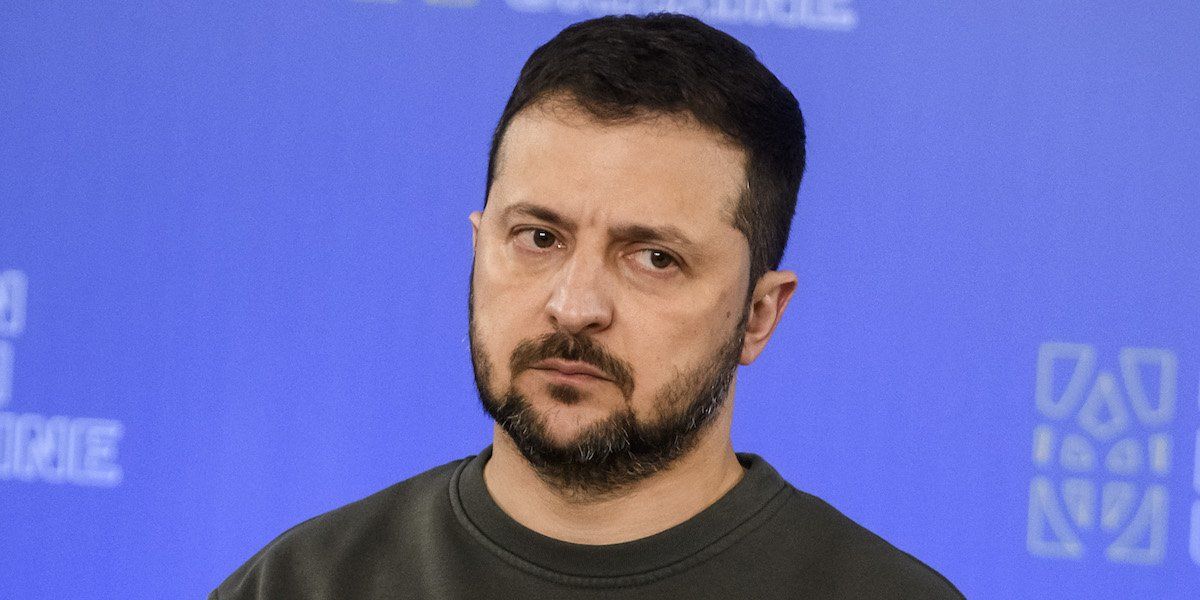Ukraine has been warning for months that it won’t be able to continue resisting Putin’s aggression without further Western support. But that aid is starting to dry up, right as Kyiv’s fight against Russian invaders settles into a stalemate. What’s happening?
In the US: The US has given more aid to Ukraine than anyone else, but the White House this week warned Congress that it’s almost out of money for Ukraine, imploring lawmakers to earmark more funds fast. But growing opposition to Ukraine aid from the GOP right wingers is now tied up with partisan squabbles over border security, choking off additional aid for Kyiv. Things are so bad on Capitol Hill that Zelensky on Tuesday canceled a direct appeal to lawmakers.
In Europe: EU budget debates are tying up €50 billion that the bloc promised to Ukraine. And since all decisions require unanimous approval, even a few holdouts can spike things.
That’s what’s happening with Ukraine, as Hungarian Prime Minister Viktor Orbán, who is famously friendly to Russia – the source of 85% of his country’s gas supply – opposes aiding Kyiv and doesn’t want Brussels to offer the Ukrainians a path to EU membership.
But ahead of an upcoming EU leaders’ summit, French President Emmanuel Macron will meet with Orbán in Paris on Thursday, in a bid to reach a compromise that secures Budapest’s blessing for more Ukraine support, Politico reports. There’s money on the table: the EU froze billions in funds to Hungary last December over rule-of-law concerns. Though some of that funding has since been released, it hasn’t been enough to shift Orban’s stance on Ukraine so far.
With friends like these: Poland has been one of Ukraine’s biggest military backers, but Polish truckers striking at the Ukrainian border are now holding up military and humanitarian aid to Ukraine. They’re protesting a 2022 decision by the EU to grant Ukrainian trucks permit-free access to the Union, in order to boost Ukraine’s wartime economy. The Polish truckers – who say the Ukrainians are abusing their privileges – aren’t happy about the resulting competition, and the Polish government wants the EU to reinstate the permit requirements.
The bottom line: On both sides of the Atlantic, Ukraine’s foreign lifelines are drying up fast. Will that change Kyiv’s calculations about continuing the fight versus seeking a settlement with Russia? As winter comes, that’s the story to watch.
